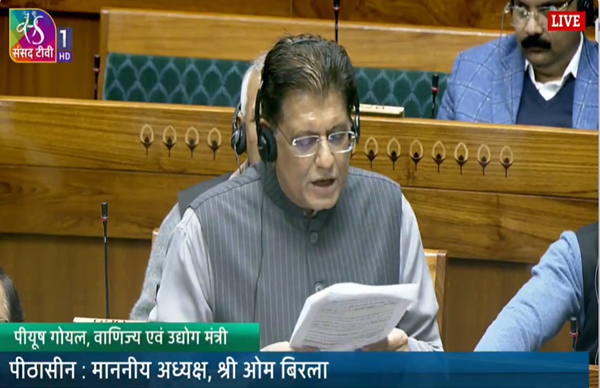Last Updated on August 21, 2025 8:26 am by BIZNAMA NEWS

By R. Suryamurthy
The Central Consumer Protection Authority (CCPA) has imposed a ₹10 lakh fine on ride-hailing platform Rapido, citing its “misleading and unfair” advertisements that promised customers: “Auto in 5 min or get ₹50.”
The regulatory body’s investigation—triggered by a surge in consumer complaints—concluded that Rapido’s campaign created false expectations, misrepresented compensation, and concealed crucial details through unreadable disclaimers. Along with the penalty, Rapido has been directed to compensate consumers who were denied the promised ₹50 refund when the service failed to deliver on time.
Key Findings of the Probe
- Misleading Compensation: Instead of direct cash, the so-called ₹50 refund was offered as “Rapido Coins,” valid only for bike rides and expiring within seven days—forcing customers into restricted usage.
- Contradictory Terms: While ads loudly declared “Guaranteed Auto in 5 min”, the fine print shifted responsibility onto individual drivers, not Rapido itself.
- Unreadable Disclaimers: The “T&C Apply” note was printed in a font so small that consumers were practically unable to see the restrictive conditions.
Consumer Complaints on the Rise
Between June 2024 and July 2025, the National Consumer Helpline logged 1,224 complaints against Rapido, ranging from overcharging to service denials and unfulfilled guarantees. Many customers reported that their grievances went unresolved, prompting the watchdog to step in.
Legal Framework Ignored
According to the Guidelines for Prevention of Misleading Advertisements and Endorsements, 2022, disclaimers cannot contradict the main claim or conceal material information. The CCPA found Rapido guilty of violating this principle by hiding key limitations of its so-called guarantee.
Wider Impact
The misleading campaign reportedly ran for more than 18 months across 120 cities in multiple languages, reaching millions of consumers. The CCPA’s action is meant as a warning to companies that exploit advertising loopholes and misuse the word “guaranteed” without full transparency.
The authority has urged consumers to remain cautious of offers that appear “too good to be true” and emphasized that accountability will be enforced against brands indulging in deceptive marketing.






